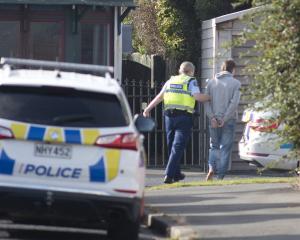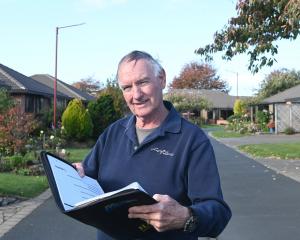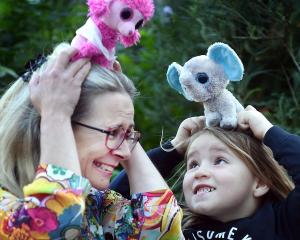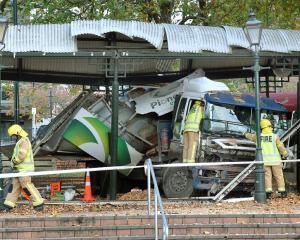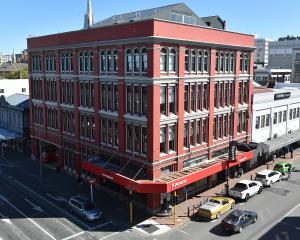The potential risks of medical consultations provided to rural patients using technology links should be spelled out and discussed with the public, Medical Council chairman Andrew Connolly says.
Prompted by an internet-based virtual GP clinic starting in Auckland this month, the regulatory body issued a cautionary press statement about the growing use of telemedicine.
It had huge potential, but the absence of a physical examination meant a diagnosis ''has the very real potential to be wrong'', the statement said.
''The reality is that telemedicine at the current time has difficulty in reaching some diagnoses and it is simply unable to treat patients who may have life-threatening illnesses, such as cardiac chest pain, difficulty in breathing or poisoning.''
Mr Connolly, a general surgeon at Counties Manukau District Health Board, said such technology probably had the greatest potential in rural areas.
But, for both urban or rural use, it had to be conducted properly or it could be dangerous.
The Southern District Health Board plans to use telemedicine to service its huge geographical area.
The potential of ''virtual specialist consultations'' is mentioned in its controversial local health plan that is to go to the board for approval next month.
Mr Connolly did not know the details of what the Southern board planned, but its success would depend on ''who's on each end of that electronic communication''.
As a rule, patients should be accompanied by a GP or nurse at their end virtual consultations, he told the Otago Daily Times.
''The danger, I guess, for a service that tries to, for argument's sake, pick likely winners for people who won't need an exam is that that's an imprecise art.
''If the DHB was going down that route it would be really important that the DHB, and obviously the clinicians and the public, all know what the score is in case you do think someone needs an exam.''
Issues include whether a patient had to go to the end of a waiting list if it was found they needed an examination.
''It seems a point of risk that everyone needs to be aware of.''
Association of Salaried Medical Specialists executive director Ian Powell said telemedicine was not a ''magic bullet'' and should be seen as an aid, rather than a substitute for face-to-face consultations.
Southern District Health Board chief medical officer David Tulloch said in a statement the board was well aware of the issues.
''Telemedicine needs appropriate planning, security systems, and awareness of the obligations of all parties involved to ensure the issues raised by the [Medical Council] are addressed.
''We will continue to develop telemedicine systems to help us deliver services across our geographically spread population.
We have already piloted some services, designed by clinical staff, with significant patient appreciation.''

